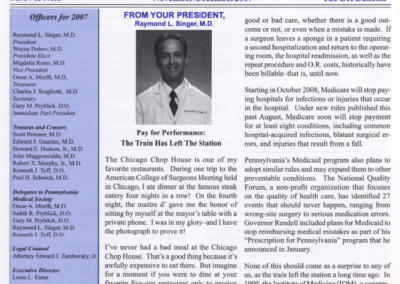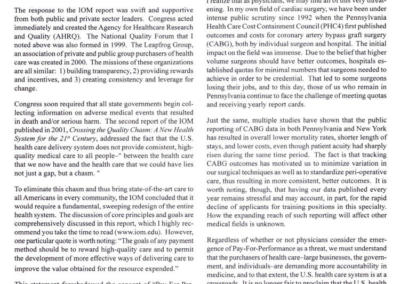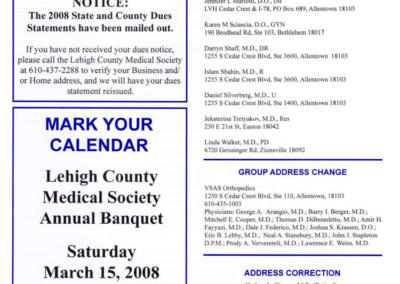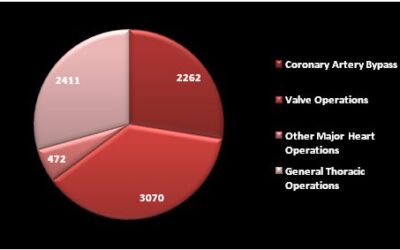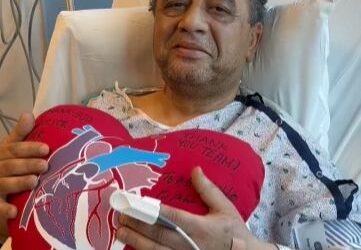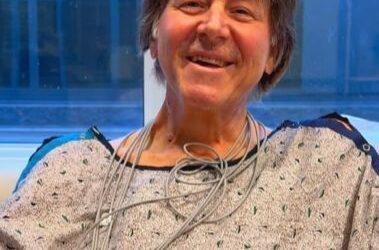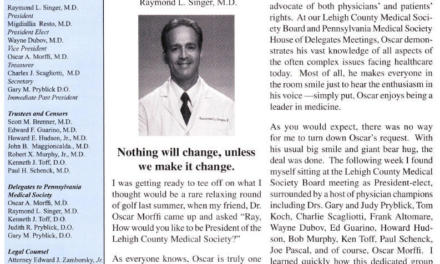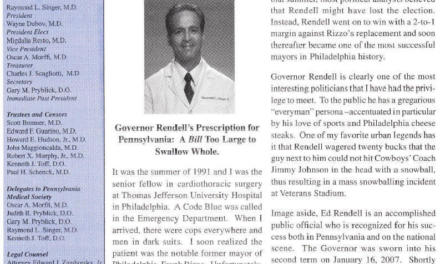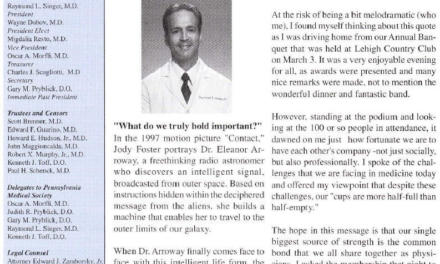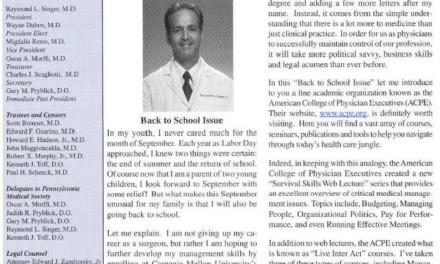Pay for Performance (P4P) is a new reimbursement strategy by the Center for Medicare and Medicaid Services (CMMS). Historically, hospitals and physicians were paid regardless of whether or not a patient had a successful. The new plan hopes to stimulate improved methods of practicing medicine and to limit, if not eliminate, errors and injuries to patients.
This essay outlines the history and rationale for P4P. As I discuss in the essay, the issues that impact the quality of the care we deliver to our patients is complex. But as physicians, it is our fiduciary responsibility to insure that the correct structure and processes exists to achieve the most favorable outcomes for our patients.
Recent Posts
When is the Best Time to Exercise?
This video talks about the advantages of exercising in the morning. Morning workouts release endorphins and improve blood flow, helping you to feel more energized and mentally sharp throughout your day. There are fewer distractions in the morning and it makes it...
May is Mental Health Awareness Month
Let’s take this opportunity to reflect on something essential, yet often overlooked in professional environments: our mental well-being. In a world that values productivity and performance, it’s easy to forget that behind every deadline, meeting, or project is a human...
10 Jefferson Hospitals Earn an “A” Safety Grade
We are incredibly proud to announce that 10 Jefferson Health hospitals have received an "A" Hospital Safety Grade from The Leapfrog Group for Spring 2025. This recognition underscores our commitment to improve patient lives and prioritize their safety across our...
Patient Outcomes – May 1, 2025
Nothing can be more important than knowing the experience level of your surgeon. Generally speaking, the more you do something, the better you become! Since entering practice in 1992, I have performed over 8,215 major heart and lung operations and numerous minor...
Day #5 After CABG Surgery
With the patient’s permission, this video discusses the post-operative journey of an individual who underwent urgent/emergent conventional sternotomy, triple-vessel coronary artery bypass graft (CABG) surgery, after developing severe chest pain with ECG changes during...
Left Thoracotomy for Complex Mitral Valve Replacement
This is a unique case of a 64-year-old man who had a history of Hodgkins disease with mantle radiation to his chest. I had performed a surgical aortic valve replacement 10 years prior with a biological valve that is still working well. The patient now presented with...
Featured
Pages
- Learn about heart valves. Heart Valves
- Read testimonials. Testimonials
- Did you know I have a consulting firm? Singer Heart/Lung Consulting
- Check out my TedTalk! Defining Success
Links
- Links page with more information about your heart. Links
- Dr. Adam Pick's Site: heart-valve-surgery.com

